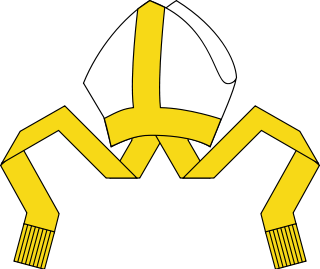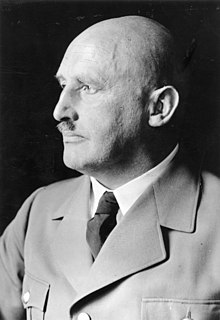A Quote by Henry Ward Beecher
Do not be troubled because you have not great virtues. God made a million spears of grass where He made one tree. The earth is fringed and carpeted, not with forests, but with grasses. Only have enough of little virtues and common fidelities, and you need not mourn because you are neither a hero or a saint.
Related Quotes
Strength, Courage, Mastery, and Honor are the alpha virtues of men all over the world. They are the fundamental virtues of men because without them, no 'higher' virtues can be entertained. You need to be alive to philosophize. You can add to these virtues and you can create rules and moral codes to govern them, but if you remove them from the equation altogether you aren't just leaving behind the virtues that are specific to men, you are abandoning the virtues that make civilization possible.
Maybe it’s not, in the end, the virtues of others that so wrenches our hearts as it is the sense of almost unbearably poignant recognition when we see them at their most base, in their sorrow and gluttony and foolishness. You need the virtues, too—some sort of virtues—but we don’t care about Emma Bovary or Anna Karenina or Raskolnikov because they’re good. We care about them because they’re not admirable, because they’re us, and because great writers have forgiven them for it.
The value of the things is not in themselves autonomously, but that God made them, and thus they deserve to be treated with high respect. The tree in the field is to be treated with respect. It is not to be romanticized as the old lady romanticizes her cat (that is, she reads human reactions into it). This is wrong because it is not true. When you drive the axe into the tree when you need firewood, you are not cutting down a person; you are cutting down a tree. But while we should not romanticize the tree, we must realize God made it and it deserves respect because He made is as a tree.
...just as the edifice of all the virtues strives upward toward perfect prayer so will all these virtues be neither sturdy nor enduring unless they are drawn firmly together by the crown of prayer. This endless, unstirring calm of prayer... can neither be achieved nor consummated without these virtues. And likewise virtues are the prerequisite foundation of prayer and cannot be effected without it.
Humility is the mother of all virtues: the humble in spirit progress and are blessed because they willingly submit to higher powers and try to live in harmony with natural laws and universal principles. Courage is the father of all virtues; we need great courage to lead our lives by correct principles and to have integrity in the moment of choice.
[Benjamin Franklin]identified thirteen virtues he wanted to cultivate--temperance, silence, order, resolution, frugality, industry, sincerity, justice, moderation, cleanliness, tranquility, chastity and humility--and made a chart with those virtues plotted against the days of the week. Each day, Franklin would score himself on whether he practiced those thirteen virtues.
A comprehensive doctrine, either religious or secular, aspires to cover all of life. I mean, if it's a religious doctrine, it talks about our relation to God and the universe; it has an ordering of all the virtues, not only political virtues but moral virtues as well, including the virtues of private life, and the rest. Now we may feel philosophically that it doesn't really cover everything, but it aims to cover everything, and a secular doctrine does also.
The modern world is not evil; in some ways the modern world is far too good. It is full of wild and wasted virtues. When a religious scheme is shattered (as Christianity was shattered at the Reformation), it is not merely the vices that are let loose. The vices are, indeed, let loose, and they wander and do damage. But the virtues are let loose also; and the virtues wander more wildly, and the virtues do more terrible damage. The modern world is full of the old Christian virtues gone mad. The virtues have gone mad because they have been isolated from each other and are wandering alone.





































